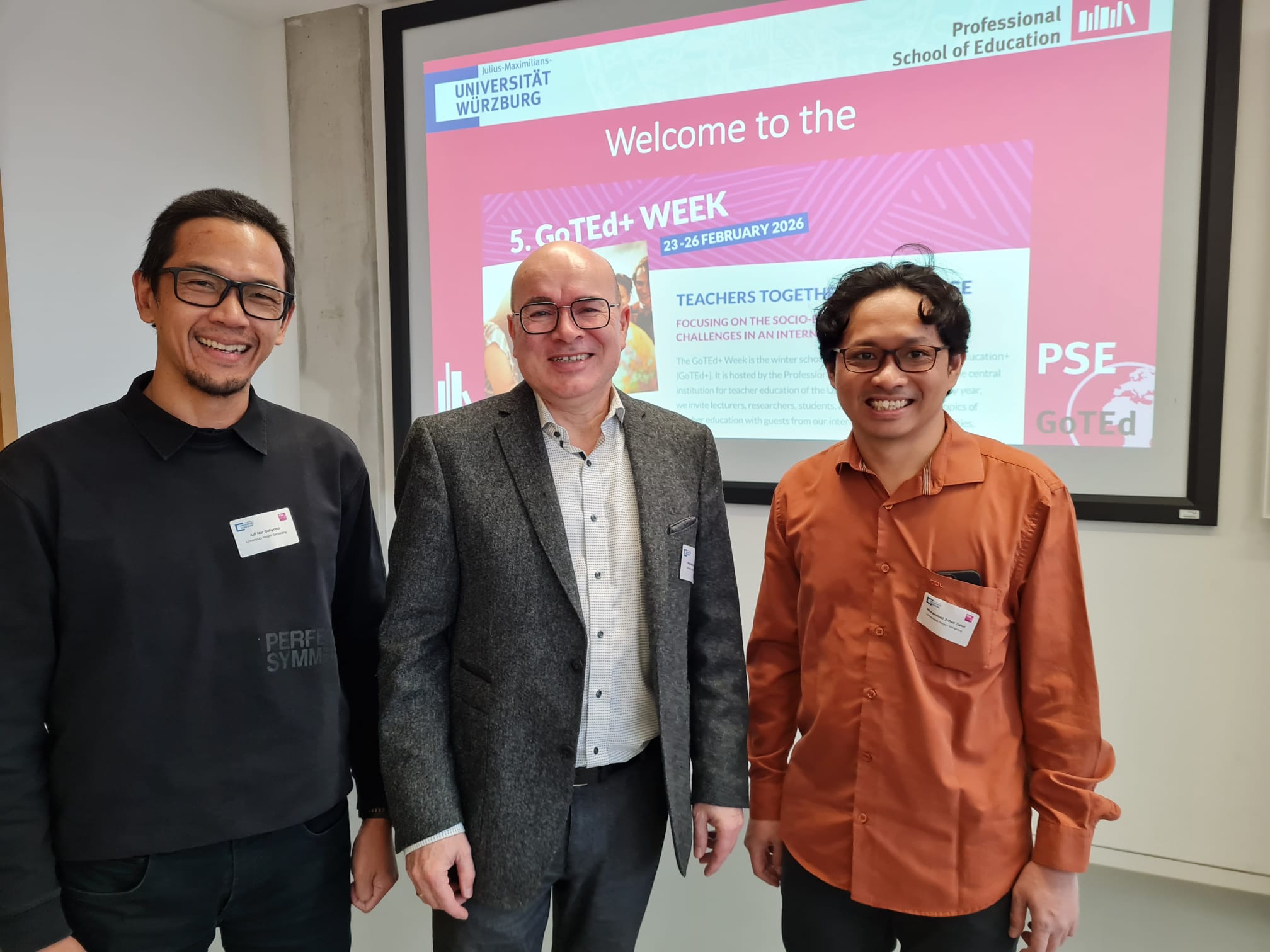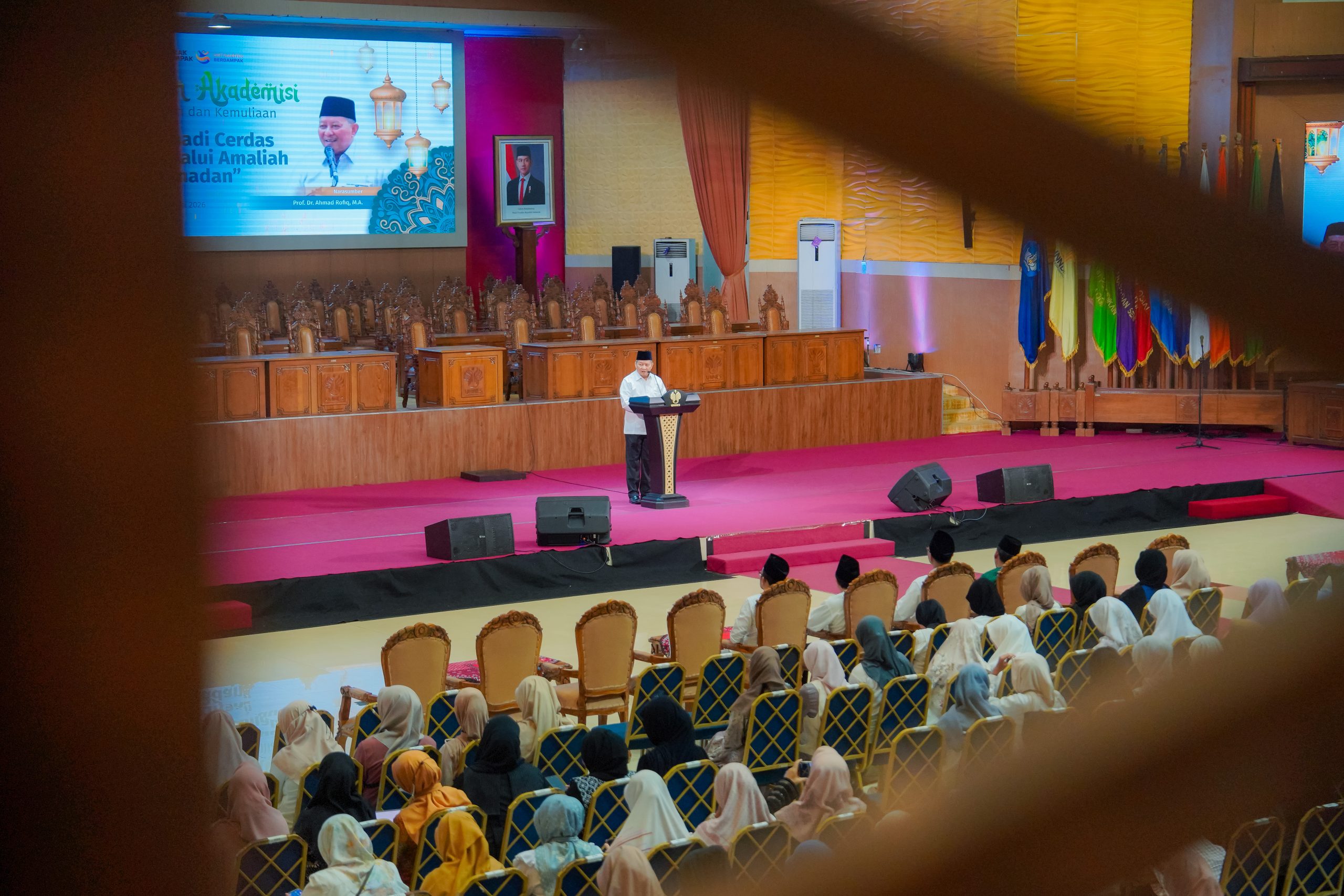Untuk menjamin pengelolaan kearsipan yang lebih baik, Universitas Negeri Semarang (UNNES) melalui UPT Kearsipan UNNES melaksanakan Workshop Sistem Kearsipan Dinamis yang Terintegrasi dengan Sistem Persuratan.
Kepala UPT Kearsipan UNNES Agung Kuswantoro SPd MPd menyampaikan, Sistem Kearsipan Dinamis yang Terintegrasi dengan Sistem Persuratan ini artinya sistemnya satu namun terhubung satu sama lainnya salah satunya, kearsipan, Selasa (21/7) di rektorat Sekaran Gunungpati.
Kegiatan dilaksanakan dengan protokol kesehatan ketat diikuti 25 orang dari berbagai fakultas dan Unit Kerja di lingkungan UNNES. Pelaksanaan dibagi menjadi 2 sesi yakni sesi pertama 13 orang dan sesi kedua 12 orang.
Arsip mempunyai kedudukan dan peran yang sangat penting pada tertib secara administrasi, tertib dokumentasi, dan tertib pertanggungjawaban dalam pelaksanaan suatu kegiatan. Oleh karena itu arsip jangan dianggap remeh karena arsip merupakan manajemen suatu organisasi dan pengelolaan arsip yang baik di setiap organisasi nantinya akan mempengaruhi kinerja organisasi itu sendiri termasuk di UNNES.
Workshop ini bertujuan untuk menciptakan suatu pengertian atau pemahaman tata cara yang seragam dalam penyelenggaraan arsip di lingkungan UNNES.
Tujuan pengelolaan arsip yakni menjamin keselamatan arsip dan penyediaan kembali arsip dengan cepat ketika dibutuhkan.
Agung menjelaskan di UNNES ada namanya “SIRADI” yaitu Sistem Surat Dinas, kemudian dikembangkan menjadi Sistem Kearsipan. Dalam sistem kearsipan ada dua menu, yaitu sistem arsip dinamis dan statis. Masing-masing sistem memiliki fungsi yang berbeda-beda.
Sistem arsip dinamis—dalam istilah ANRI (Arsip Nasional Republik Indonesia) dikenal dengan SIKD (Sistem Informasi Kearsipan Dinamis) digunakan untuk mencatat segala sesuatu arsip yang masih aktif digunakan. Penggunanya adalah unit-unit kerja di UNNES. Meliputi fakultas, Pascasarjana, Lembaga, Biro, Badan, dan unit lainnya di UNNES.
Sedangkan sistem arsip statis —dalam istilah ANRI dikenal dengan SIKS (Sistem Informasi Kearsipan Statis) digunakan untuk mencatat arsip yang memiliki guna informasi sejarah atau arsip permanen. Penggunanya adalah UPT Kearsipan UNNES selaku lembaga kearsipan universitas.
Pemateri kedua disampaikan oleh Mas’ul Fauzi dari UPT IT UNNES menyampaikan materi tentang cara kerja sistem kearsipan.



